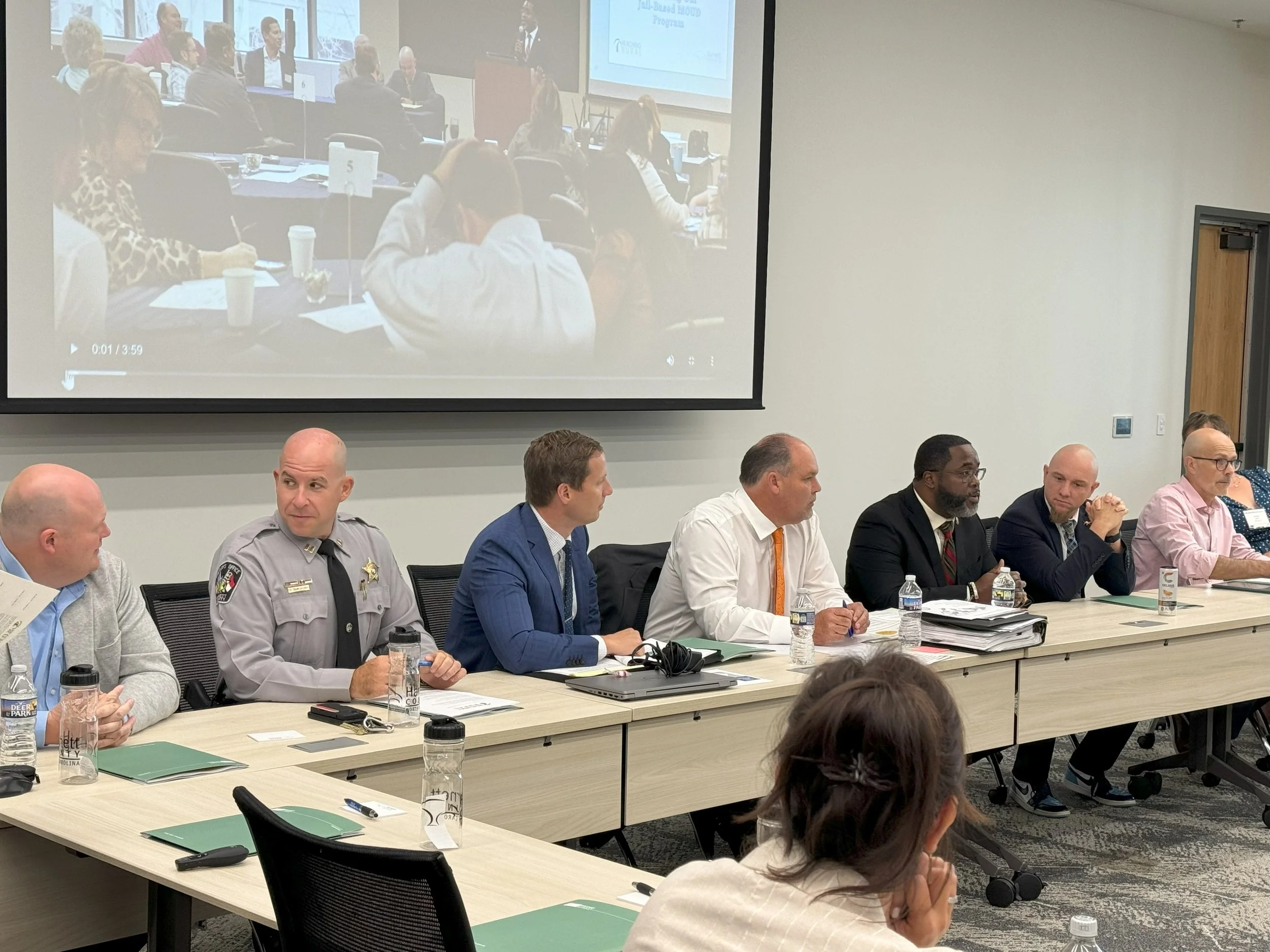Resources for Rural Communities
Use the filters below to search by resource topic, type, and audience.
WSU Researchers Investigate Rising Rural Jail Rates in Washington
This article discusses research conducted by a team at Washington State University on incarceration rates in rural county jails. The team examined data from six rural counties over six years and found that a significant number of individuals held in jails were there due to missed court appointments or violations of other legal system rules, rather than crimes against people or property. The study also identifies a lack of resources, such as adequate defense attorneys and accessible case information, as factors contributing to the issue.
If You Cannot Afford an Attorney, None Will Be Appointed for You: Exploring Rates Of Representation by Counsel in Texas Misdemeanor Courts
Examines how right to counsel is implemented in Texas misdemeanor courts. Rural and poorer counties have higher non-representation rates, but local policy decisions (e.g., public defender offices, eligibility criteria) significantly affect appointment rates.
Legal Deserts and Spatial Injustice: A Study of Criminal Legal Systems in Rural Washington
This study examines the criminal legal systems of several sparsely populated counties in central and eastern Washington State. The study shows that a shortage of attorneys leads to delays and ineffective counsel for individuals involved in the system. Additionally, the heavy reliance on county governments to fund indigent defense, prosecution, and judicial functions creates financial strain.
Paralegals on Fire Podcast Ep. #145 Learn About Alaska's Community Justice Workers Project
Podcast on Alaska's project training non-attorney community members to provide legal services in rural areas, highlighting cross-sector partnerships.
Rural Justice Initiative Committee Releases Report and Recommendations
Kansas report with recommendations to attract attorneys to rural areas and inspire students to pursue legal careers, addressing the rural justice gap.
Legal Kiosks Open New Opportunities for Access to Justice in Ely
Nevada Legal Kiosk program brings free legal information and resources to rural libraries, improving access to justice.
One Crisis or Two Problems? Disentangling Rural Access to Justice and the Rural Attorney Shortage
Review analyzes rural access to justice, arguing more lawyers alone may not solve the crisis and exploring broader solutions for rural communities.
Rural Court Perspectives on Addressing Substance Use Disorder in Justice-involved People
In July 2024, the State Justice Institute (SJI), in partnership with the Institute for Intergovernmental Research (IIR) and the National Council of Juvenile and Family Court Judges (NCJFCJ) convened a 1-day listening session for judges and court personnel from rural communities to discuss barriers, successes, and innovations related to addressing substance use disorder (SUD) for court-involved people and to identify opportunities to more effectively support children and families impacted by SUD. This report summarizes highlights from that discussion, with a focus on strategies that are currently working well in rural courtrooms and an examination of ongoing challenges for rural judges and communities.
Lone Star Legal Aid Introduces Courthouse Kiosks to Support Access to Justice in Rural Counties
LSLA's courthouse kiosks in rural Texas provide easy access to legal aid applications for low-income individuals, supporting those affected by the opioid crisis.
Tribal State Court Forums: Addressing the Opioid Crisis
Collaboration between state and tribal courts regarding the opioid crisis.
Tribal Cultural Competency Information for Judges
Information on barriers to treatment for Opioid Use Disorder in rural areas and what some states are doing to overcome those barriers.
Sample Court Transfer Agreement - State and Tribal Courts
Document designed and recommended for use in jurisdictions where state court judges – especially those who preside over adult drug court programs – operate in proximity to the location of a Tribal Healing to Wellness Court.











